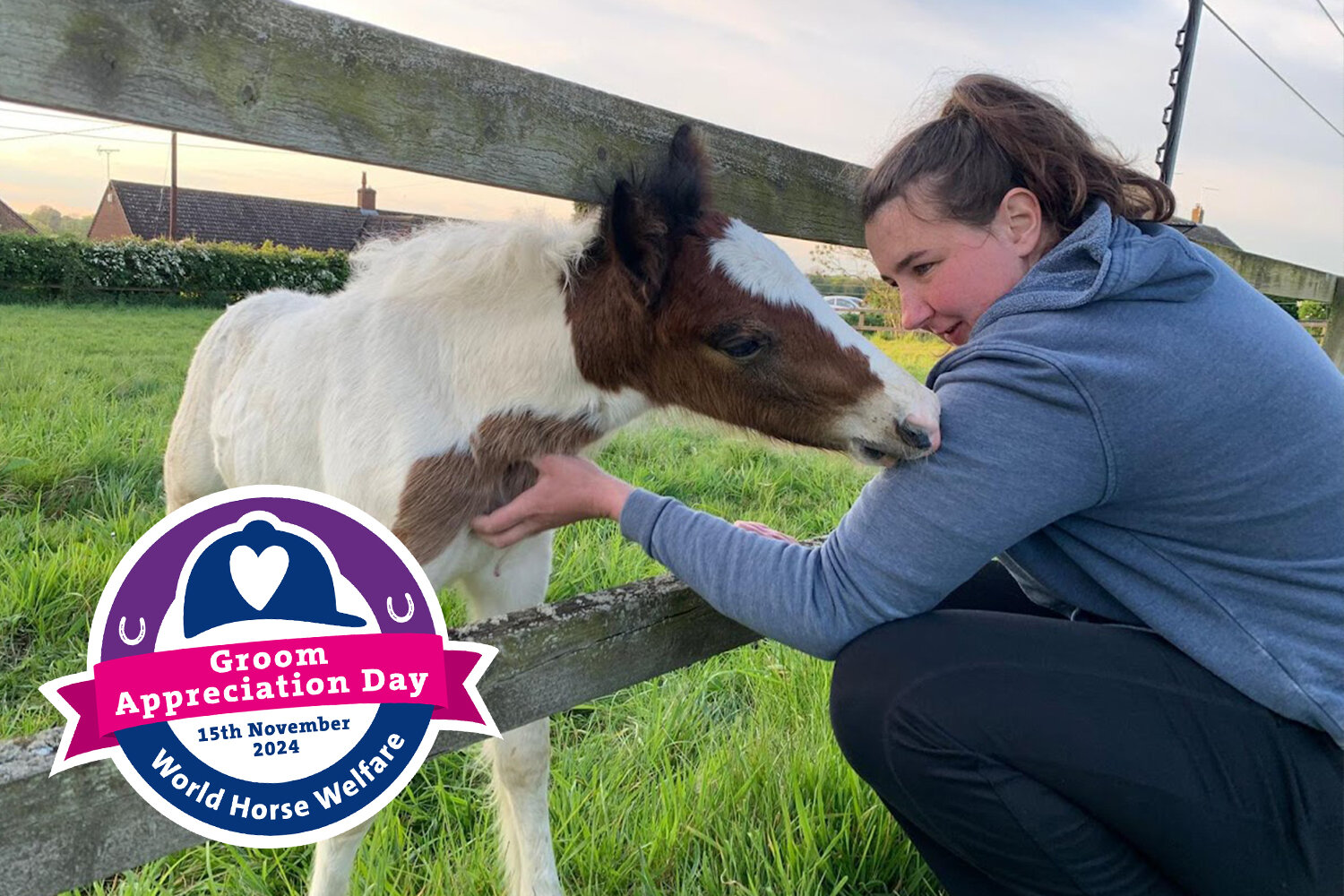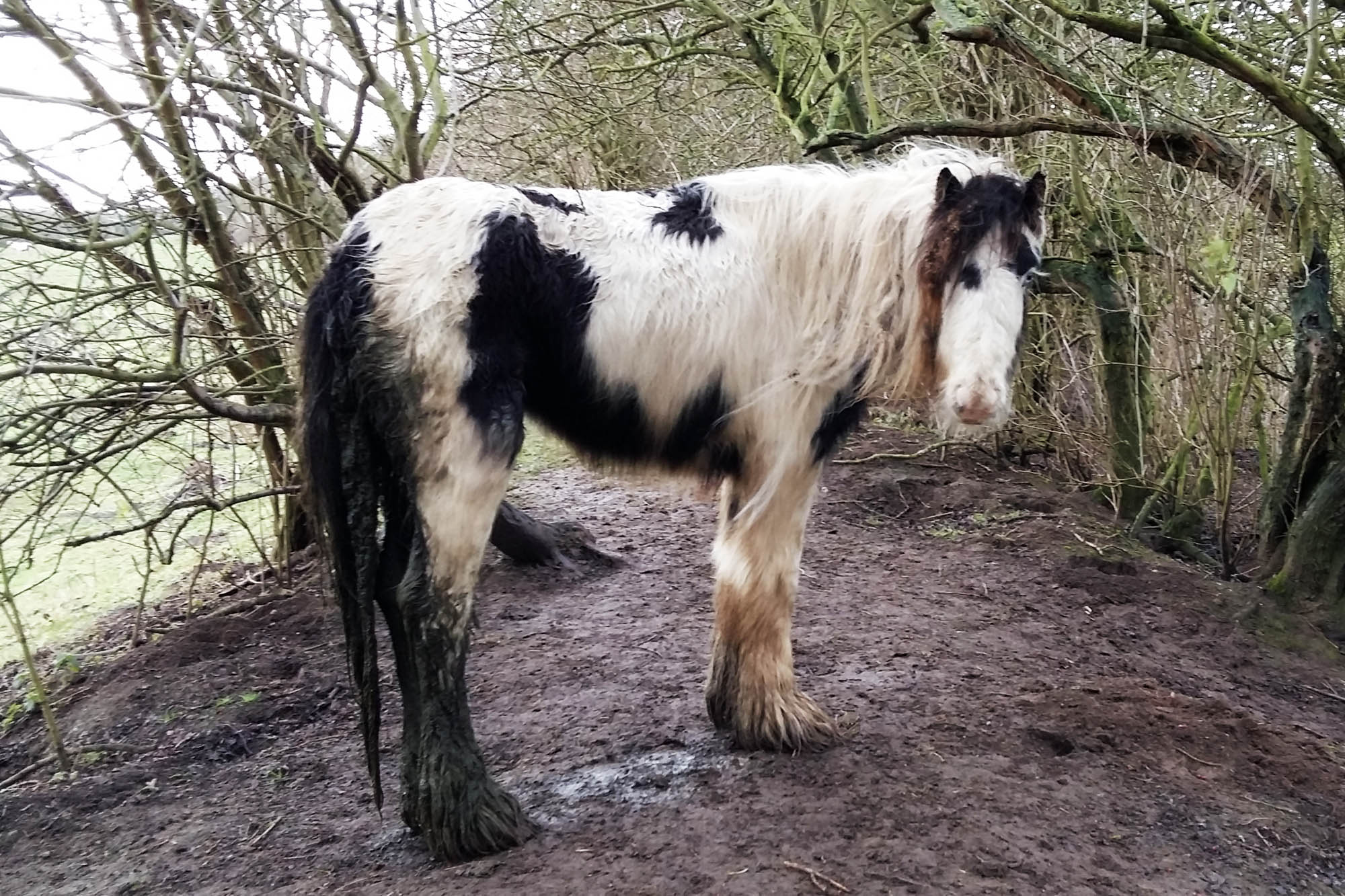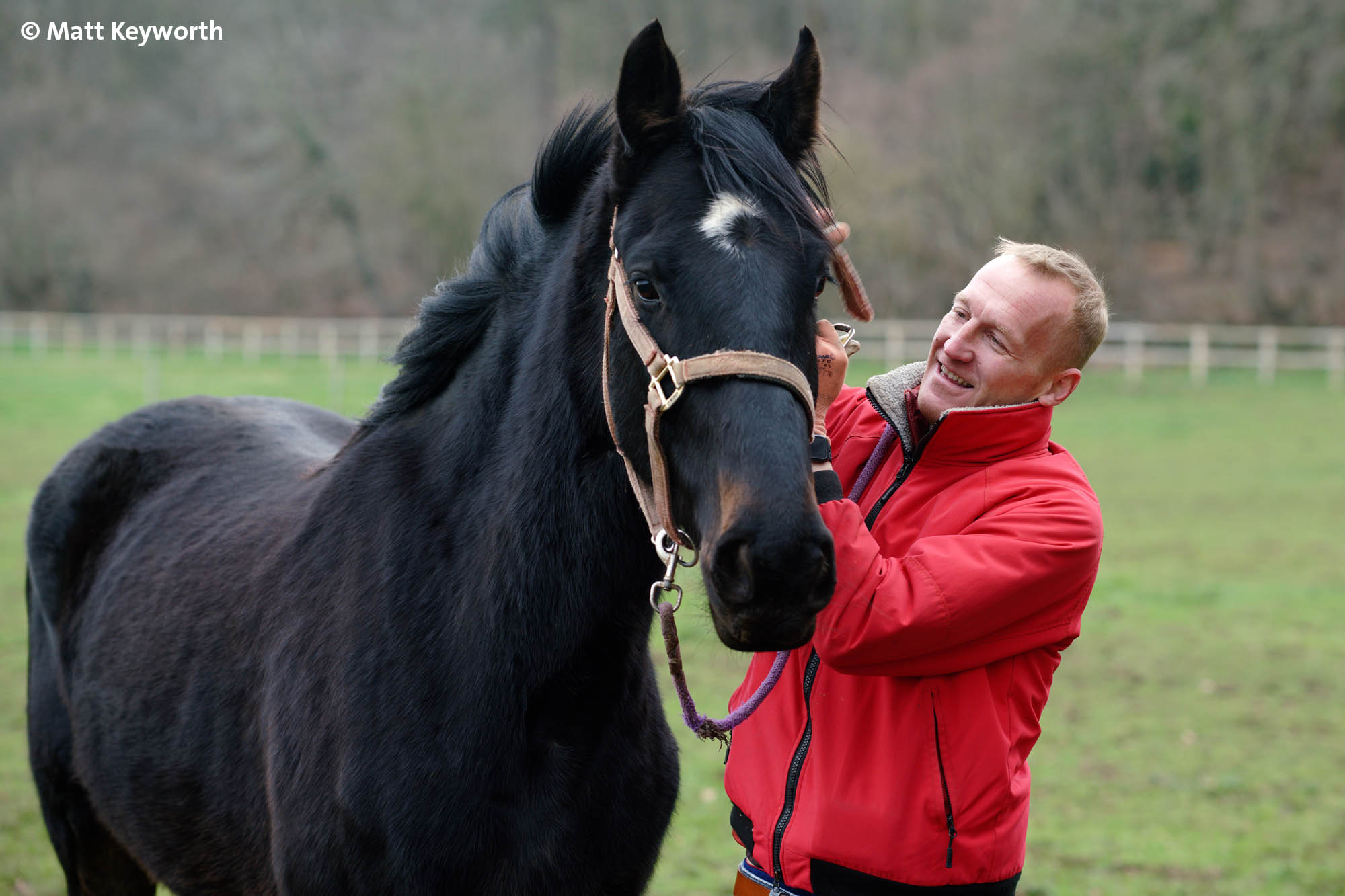Shocking statistics lead charity to ask horse owners: “Do you really need to breed?”
As 7,000 horses in Britain are deemed at risk of needing rescue or new homes, we have launched a new initiative today to help horse owners understand the impacts, costs and risks associated with breeding.
Posted on 04/07/2013

This initiative came in light of research conducted by us showing that collectively, twice as many foals were produced by those who had bred only one to five foals in their lifetime than by those who had bred over 100 each.
“The results are truly surprising. Professional breeders, dealers and the racing industry are often blamed for producing too many horses, and while this may be true, the numbers appear to be reducing in line with the current market. Evidence suggests that in racing alone numbers have reduced by 25%.
Roly Owers, World Horse Welfare Chief Executive
“With these bigger players, you would think that those who produce just one foal, or a couple in their lifetimes, aren’t making an impact. But our research shows that this just isn’t the case – each horse owner makes an impact and we hope our initiative will help guide them through the considerations of breeding in a compassionate, realistic and informative way.
“It is vital that every group acknowledges their contribution to the problem and takes steps to rectify it.”
- According to our breeding survey that was completed by nearly 4,000 horse owners in the UK, almost a quarter of respondents had bred from the horses they currently own, producing a total of 4,129 foals, and many more were hoping to breed in the future.
- Respondents breeding just 1-5 foals each were responsible for over a third of all the foals bred.
- Half of respondents who had bred from their stallion did so to produce a horse that could be brought on and sold in the future.
With thousands of people all doing the same, this means a huge number of extra horses born every year – every foal born increases the chance of neglect either to that horse directly or by taking up a valuable home and thus pushing another horse into an awful situation. We witness first hand just how the breeding of foals can lead to abandonment and severe neglect, having already seen a 40% increase in the number of horses coming into our centres this year.
Overall, the top five reasons why people bred from their horse were:
- To produce a foal to compete on in the future.
- Because the horse had a nice nature.
- To continue the horse’s bloodline.
- To produce a foal they could use for leisure riding or driving in the future.
- Because the horse had a good competition record.
Roly continues:
“No matter what steps you take to produce a healthy foal, it is always possible that he or she could be born with, or develop a problem. Even a top quality mare and stallion can produce a foal with conformational, developmental or behavioural problems. There is no guarantee that the foal you breed will be suitable for its intended role.
“Horses are the same as anything else in that the more there are, the less money they sell for. When horses are readily available for little money, some being sold for as little as £5, this often leads to unscrupulous people taking advantage of the situation.
“Breeding a foal can be a wonderfully rewarding experience. However, it is important to consider all the potential problems before making the decision, and whether there may be a better option.”
Your choices as a horse owner can make a real difference to many horses’ lives, not only to reduce the amount of neglect, but also to make it easier for horses to find good, safe homes in the future.
You can now rehome youngsters from World Horse Welfare and bring them on yourselves. If you don’t gel with the horse or pony, then we will be happy to take him or her back again.
Remember, the number of horses at risk of needing rescue or new homes has risen from 6,000 to 7,000 in just six months and charities need all the help they can get to deal with the problem.
If you are planning to breed from your horse or you know someone that is, please, pass on our leaflet which outlines some important points for consideration and please, think long and hard.
Please think about rehoming one of our horses, so that you can help to ease horse suffering around the UK. The rehoming team at World Horse Welfare will be happy to chat to you and explain how it all works, that way you can find out if it’s right for you, please call 01953 497 238 and rehome a horse now.
Topics
Related News

New laminitis research shows gaining weight is a risky business
This newly published research provides compelling evidence that laminitis developed significantly more often after horses and ponies gained weight rather than when they lost or maintained weight.

Results of largest and most in-depth study into UK public attitudes towards horse sport and equine welfare
Results confirm sector is 'on the right track’ to improving equine welfare.
Recommended Blog Posts

Meet some of our often-unsung heroes on Groom Appreciation Day – Kathryn at Hall Farm
"It can be quite the emotional rollercoaster, ranging from the joy of a horse being rehomed to the perfect long-term home, to the pain of seeing a severely neglected foal lose its battle to live."

A busy start to life as a World Horse Welfare Field Officer
One World Horse Welfare Field Officer describes what it's like to join the team.

How I came to rehome Romeo
Field Officer Chris Shaw describes how he came to rehome Romeo after attending a welfare concern back in 2015.
Enjoy reading stories like this?
Join over 55,000 other horse lovers and sign up for our email newsletter

Join over 55,000 other horse lovers and sign up for our email newsletter
Sign me up now